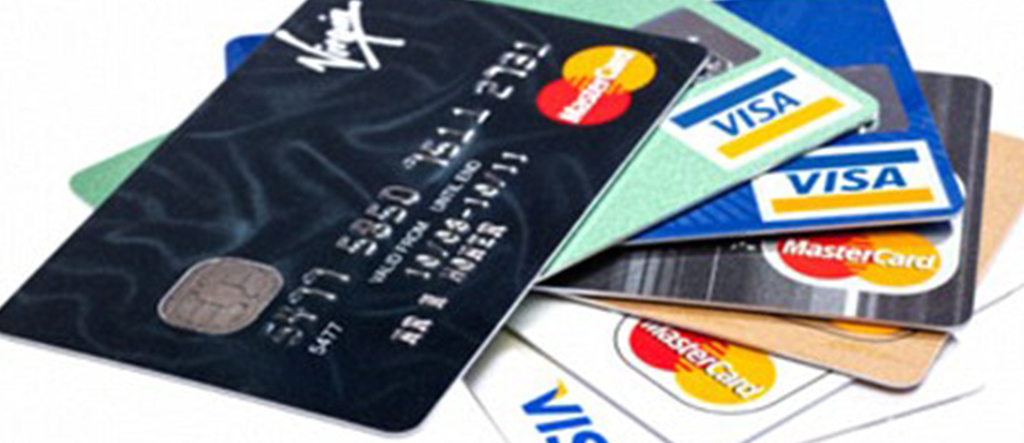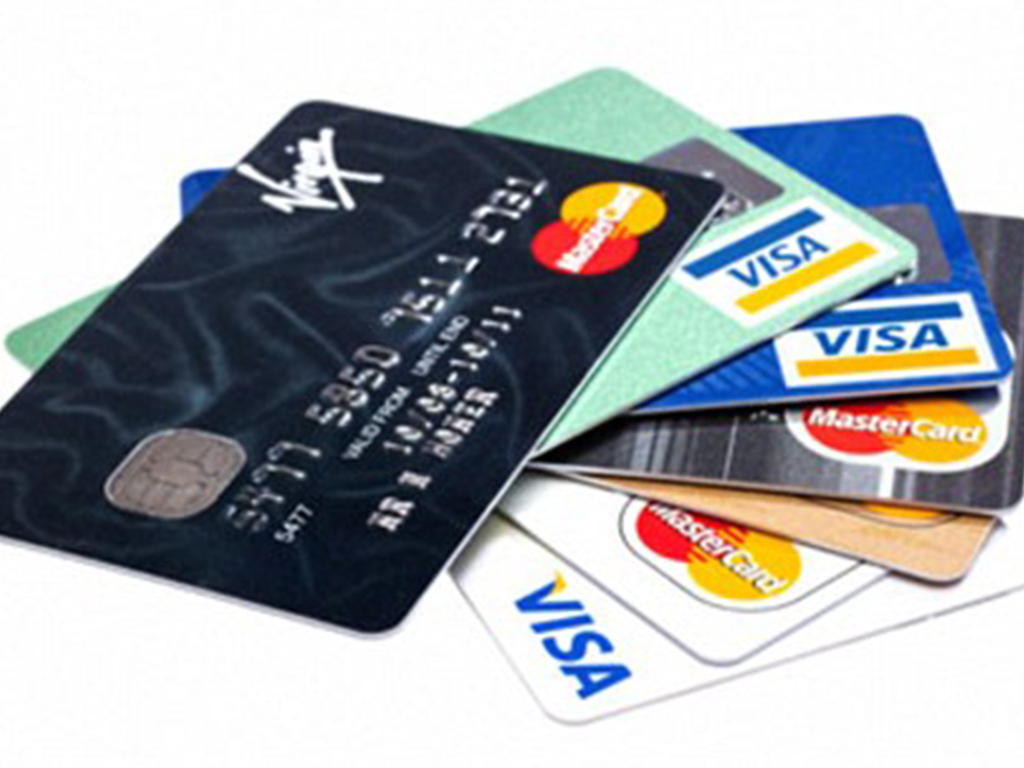
Over the past year, I’ve been speaking with executives at banks and card networks about credit card fraud, and there’s one phrase I hear over and over again.
“Fraud is just the cost of doing business”.
In the banking industry, it seems like this is the “go to” response when someone asks about fraud, and it really got me thinking about how desensitized we’ve all become to the costs of fraud.
A few months back, The Nilson Report released their latest annual survey of the direct losses due to credit card fraud globally.
As if the headline that card fraud losses had reached $16.3 billion was not scary enough, the report goes on to predict that by 2020, losses will grow above $35 billion annually, with $183 billion being lost in between.
The U.S. accounts for about 50% of the losses each year, even though we represent only 20% of transactions (Yeah, we’re number one).
I suppose at some level, if you look at the huge amounts of revenue US banks bring in from credit cards (more than $500 billion), then look at the $8 billion or so lost to card fraud, it can look like just a drop in the bucket.
In the real world, $8 billion is a staggering amount of money to be lost every year. This is a train wreck, a house fire, a travesty… you get the idea. The worst part is that it’s not even close to the actual amount being lost.
What is the Real Cost of Fraud?
One problem with any study of losses due to fraud is that they often understate indirect costs related to the problem, such as the cost of prevention, and the cost of cleanup after the fact.
An interesting yearly study from LexisNexis tries to pinpoint this multiplier effect for merchants, and recently found that for every dollar in direct fraud losses, the true cost is closer to $3.08.
http://www.lexisnexis.com/risk/insights/true-cost-fraud.aspx
Another recent study by Javelin Research which looks at the total cost of card fraud in the U.S. places the current domestic losses at around $16 billion and growing quickly to $24 billion by 2018.
So, if the actual losses in the U.S. are 2-3 times higher than the reported losses, does this mean that what currently looks like an $8 billion tax on our commerce system is on its way to grow into a $35 billion catastrophe?
This doesn’t even count the fraud that’s not reported, re-classified, or otherwise swept under the rug to avoid admitting security problems. And don’t forget about the cost incurred by consumers spending endless hours dealing with fraud on their own accounts.
I’m bringing in the thesaurus now to come up with more words to describe this calamity of cataclysmic proportions.
Who Pays for Fraud?
While I was at a banking conference last month, I sat in on a session where I heard an executive say to the audience, “People outside the industry just aren’t informed. They don’t have to pay for fraud. The banks cover all the costs.”
That comment got me thinking about who really pays for fraud.
Of course, the answer is that we all pay for it, and banks and merchants do a good job of hiding the cost in the form of higher fees, or higher prices.
When someone at a bank says that fraud is just the cost of doing business, it means that they have passed that cost onto someone else, namely their customers, and haven’t lost much business.
To bring the problem home a little more, if you take the $35 billion in real cost for fraud, and divide it by the 100 million or so households in the US, we’ll all soon be paying $350/year to cover up this problem.
Yikes! If I have to pay $30 each month for something, I should at least get a free tee shirt or something. Maybe we’ll all get bumper stickers that say “My credit card fees help support organized crime!”
Read More

